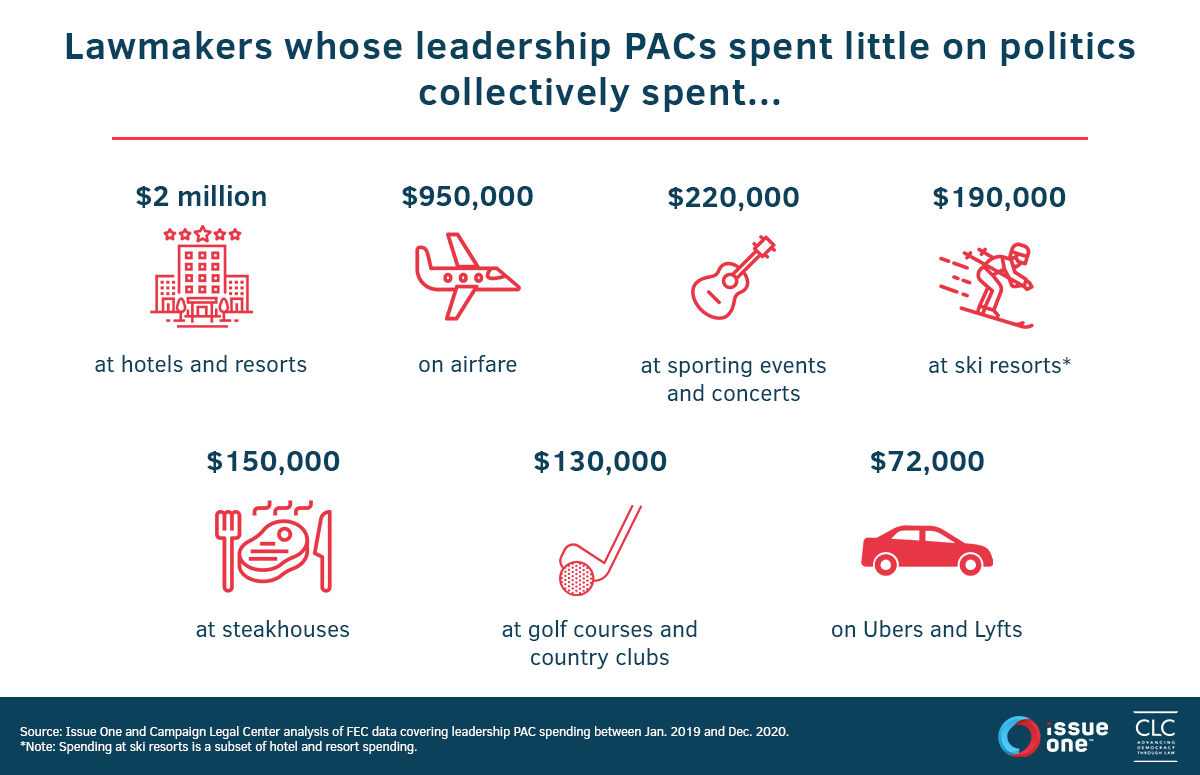Archived
Reform in the States: A Roundup
This is part of a series examining ethics, transparency and campaign finance proposals in the states. Washington, D.C. is the only place in the country where money-in-politics reform is a tough sell.…
Archived
NOTE: This page has been updated for further developments.
Strange things are afoot in Miami-Dade County.
Florida’s most populous county is the subject of a heated debate over money in politics.
Earlier this month, Accountable Miami-Dade collected 127,000 petition signatures to add an initiative to this November’s ballot. The initiative would ban gifts to candidates by lobbyists or government contractors, lower contribution limits and expand public financing of elections. Accountable Miami-Dade delivered the signed petition to the county’s elections headquarters on August 2.
And that’s when things got strange.
County Mayor Carlos Gimenez has refused to count the signatures to add the ballot initiative. The County Commission, by law, has to order a count of signatures within 30 days of receiving a petition, but the Commission has been skirting the requirement by failing to show up, effectively preventing a quorum, the necessary amount of commissioners present to conduct business (and thus vote). Now, there are no more commission meetings for the rest of the month.
If the signatures aren’t counted by early September, the ballot initiative won’t qualify for the November election, and it will be pushed back to 2018.
Accountable Miami-Dade is firing back. If Mayor Gimenez fails to begin counting the ballots before the deadline, the county commissioners will face a lawsuit.
As the Miami New Times notes, Gimenez is in a heated race against a member of the county’s School Board, Racquel Regalado. Gimenez’s campaign has nearly five times as much money as Regalado, much of which comes from wealthy donors in the county who are able to donate $1,000 to a single candidate.
According to recent polling by Greenberg Quinlan Rosner, two-thirds of voters in the county support the ballot initiative. Nearly nine out of 10 said corruption among local politicians was a problem, and more than 80 percent said the same of big money.
Voters, in Miami-Dade County and around the country, are tired of their politicians profiting from a system that benefits very few while casting regular voters aside. Ballot initiatives like Accountable Miami-Dade’s are necessary steps to broader reforms around the country. Start counting.
UPDATE, August 23, 2016:
On Monday, August 22, the Miami-Dade Board of Commissioners voted unanimously to begin counting the nearly 130,000 signatures submitted to add the ballot initiative this November.
While the decision is certainly good news, the fight is far from over. Some lawyers have begun to criticize the initiative’s wording and intend to challenge it to prevent its appearance on the ballot.
Still, the initiative can be reworded before the election. And if rejected, proponents of the initiative will take the fight to court. Regardless, the development is a step forward for Miami-Dade and clean elections.
Issue: Ethics &
Accountability
Archived
This is part of a series examining ethics, transparency and campaign finance proposals in the states. Washington, D.C. is the only place in the country where money-in-politics reform is a tough sell.…
Archived
It’s no secret that campaigns are big money-makers. The 2012 election, the most expensive in history, cost over $7 billion — that’s a lot of buttons and yard signs. Through…
Archived
According to a recent New York Times/CBS News poll, Americans across the political spectrum are concerned about the influence of money in politics. 85% of respondents, including 81% of Republicans,…

